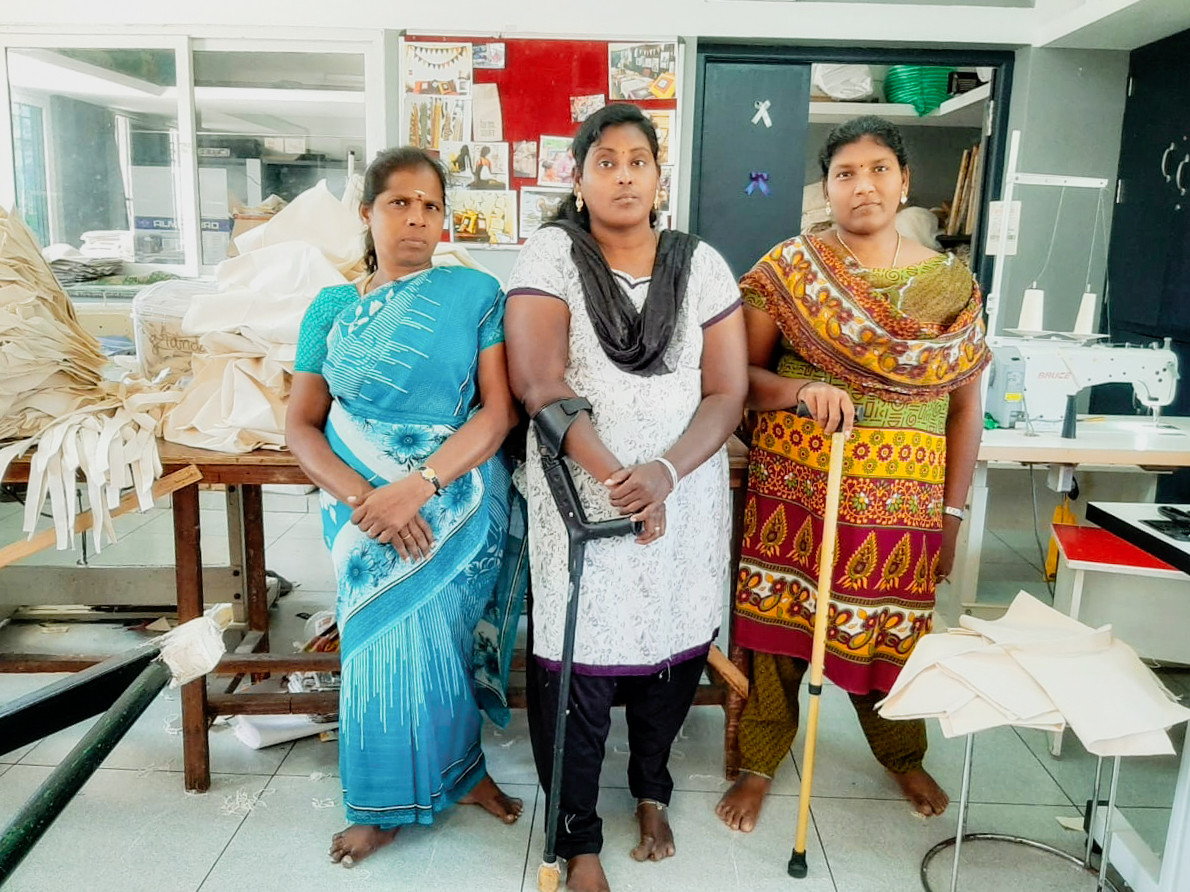16th May 2021
An initiative upcycling sari fabric is providing opportunities for marginalised women in India and Bangladesh, resulting in the creation of beautiful handmade bags, cushions, quilts and scarves.
Sold by Shakti.ism, the range reflects the artisans’ innovative, artistic style.
Millions of saris are made every year. Brilliantly coloured and patterned, they are eventually thrown away. Recognising the potential recycling opportunities, Shakti.ism decided to take action by encouraging the development of a circular economy, upcycling saris into new products. This ‘slow fashion’ reuses fabrics, whilst providing work for women who might otherwise have little income.
A women-led project, Shakti.ism aims to encourage women’s empowerment, helping marginalised communities across India and Bangladesh.
“We take preloved sari fabric and turn it into beautiful things, creating employment for artisans and breathing new life into used, unwanted fabric. These incredible women are from some of the most marginalised and outcast communities and face difficult circumstances. I also work with women at risk of violence and women who have survived sex trafficking. My company provides opportunities for these women to gain economic independence and self-confidence,” explains Jitna Bhagani, the founder of Shakti.ism.
A not-for-profit start-up business, Shakti.ism has only been trading just over one year but already, this social enterprise has made a considerable difference to many marginalised women. Over 3,100 hand-made items have been produced, creating over 5,000 hours of employment for artisan women. 10 marginalised women and girls living in South India have received specialist tailor training, fully funded by proceeds from the social business. In addition, the success of Shakti.ism has enabled over 10,500 compostable sanitary pads to be purchased for the artisans and their wider communities as well as a menstrual hygiene workshop.
www.shaktiism.com

